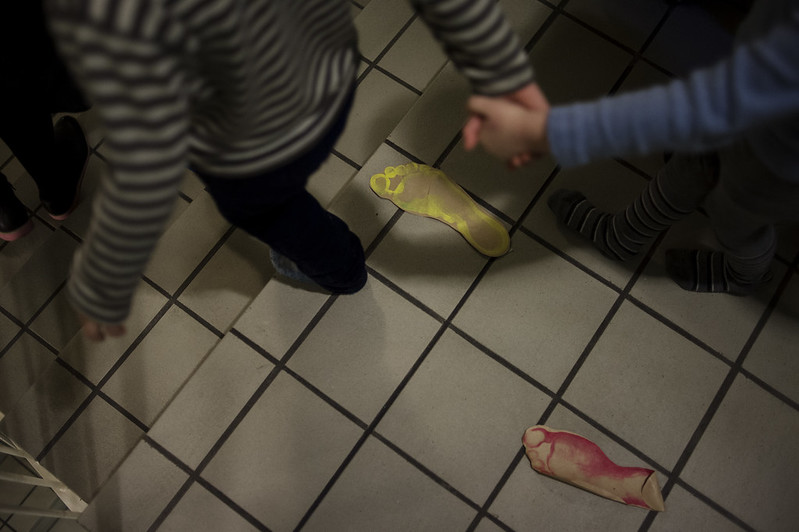BELONG
Practices and policies of belonging among minority and majority children of low-income families
This project seeks to increase current knowledge of the practices causing marginalization and social exclusion of minority and majority children of low-income families.
Click here to read more on the project website.
A primary goal of the welfare state is to ensure that children and young people get a good upbringing and that families can feel secure, both financially and socially. Several studies indicate, however, that the risk of marginalization and social exclusion increase, especially amongst children of low-income families and with immigrant background. Why this is, however, is poorly understood, diminishing the welfare state’s chance to discharge its responsibilities. The individual and societal costs of marginalization and social exclusion of children and young people in the form of dropouts from school and future unemployment, disablement and low income are considerable. The potential impact of a project aiming to prevent such life trajectories to be realized is therefore high.
The basic idea of this project is to increase current knowledge of the practices causing marginalization and social exclusion of minority and majority children of low-income families by exploring them from a new theoretical angle addressing people’s ‘belonging’ – in brief, referring to a basic human need providing us with a sense of ontological security; of ‘home’; without which life would be difficult, if not impossible. In so doing, we will inform policy and move related research fields beyond state of the art empirically, theoretically and methodologically.
Empirically, we will provide alternative explanations of why some children are marginalized and excluded, while others are not. Theoretically, we will further develop a new concept gaining ground in the social sciences today: practices of belonging. Methodologically, we will advance novel techniques especially suited to capture these practices, such as visual ethnology, stakeholder-involvement, children as co-researchers and a quasi-experiment.
The project is coordinated by Consumption Research Norway (SIFO) at OsloMet, in cooperation with Norwegian Social Research (NOVA) at OsloMet, Paul Baerwald School of Social Work and Social Welfare at Hebrew University of Jerusalem (HUJI), and Institut für Sozialpädagogik und Erwachsenenbildung (WE V) at Goethe-Universität Frankfurt.
The project is funded by the program VAM at Research Council Norway and will go on from year 2021 to 2025.
